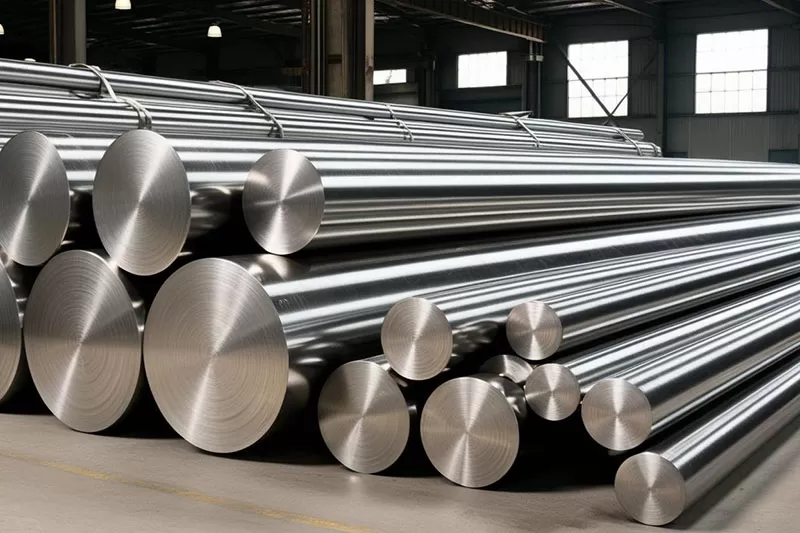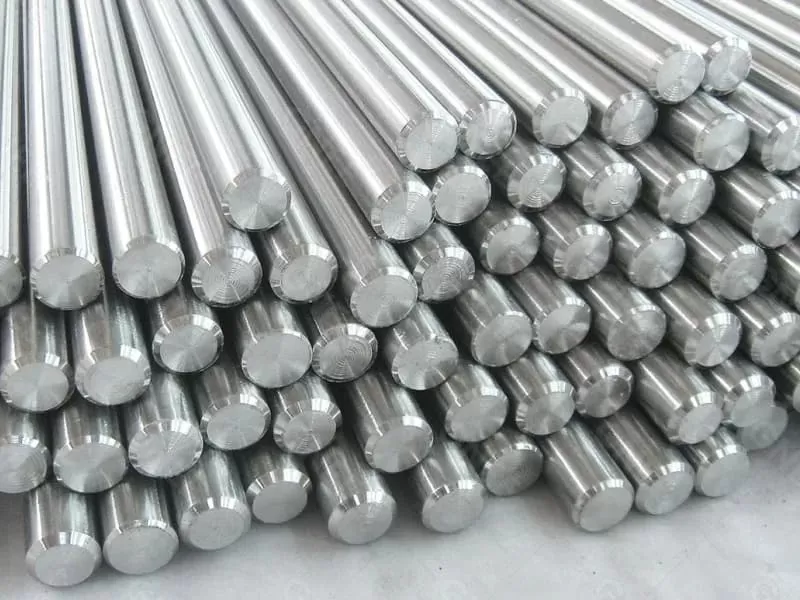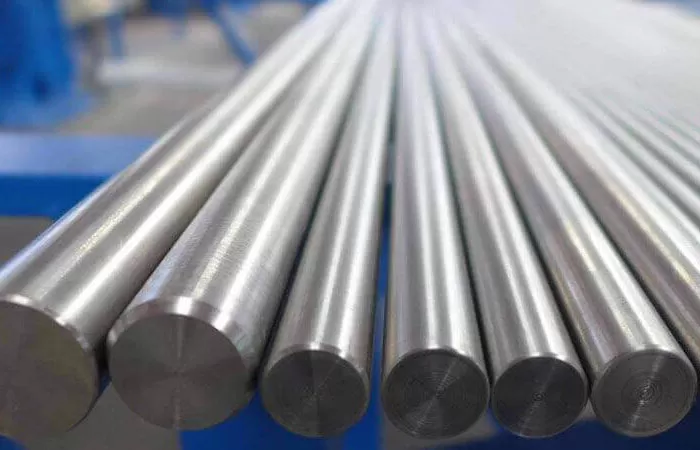
Nickel-based alloys find applications in various components such as RTD sensors, resistors, rheostats, voltage control relays, heating elements, potentiometers, and others. Engineers tailor their designs to leverage the unique properties exhibited by each specific alloy.
Nickel is widely chosen for wire applications due to its exceptional resistance to severe chemical corrosion, including oxidation in air and water. Nickel alloys also demonstrate remarkable resilience against acids and alkalis. Consequently, nickel wire is extensively utilized in products that incorporate electrical components or operate under high-temperature conditions (up to 2,600 °F). Moreover, nickel retains its magnetic properties as long as its temperature remains below 350 °F. Beyond this threshold, the wire loses its magnetic characteristics.
The distinctive traits of nickel alloys often surpass the usefulness of other metals like brass, copper, and beryllium, particularly when deployed in outdoor wire applications. Nickel wire exhibits exceptional corrosion resistance, even at extremely high levels. It withstands oxidation caused by air and water, as well as contact with acids and alkalis. The protective layer on the surface of nickel, known as passivation, shields the compound from chemical reactions. Nickel is considered a non-reactive metal that dissolves slowly in acids.
Another significant advantage of nickel wire is its resistance to melting. Unlike many other metal alloys, nickel possesses a high melting point, enabling it to endure temperatures up to 2,600 degrees Fahrenheit (1,203 Celsius). Additionally, nickel wire exhibits robust strength and durability, enabling it to withstand significant wear and tear. It also offers ease of stretching.
While nickel wire possesses strong magnetic properties, these characteristics are only present when the wire is not subjected to high temperatures. Once heated to approximately 350 degrees Fahrenheit, nickel wire loses its magnetic abilities.
For further information on nickel wire, please refer to this link.

2025-12-11 16:42:29

2025-11-19 14:09:22

2025-11-07 17:27:49

25th floor, C3 Building, Wanda Plaza, Kaifu District, Changsha, Hunan Province, China